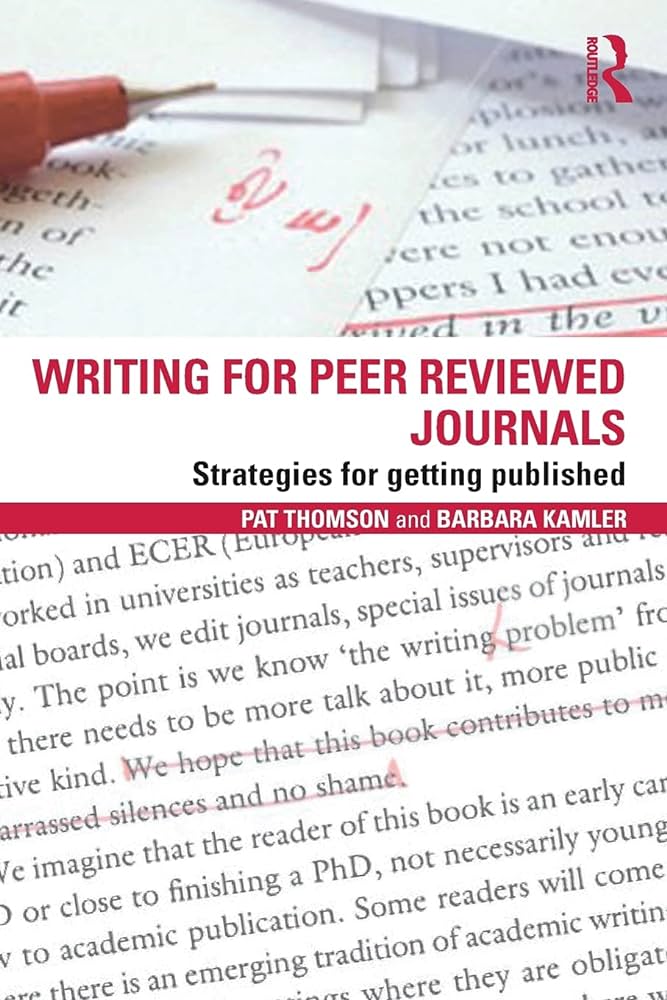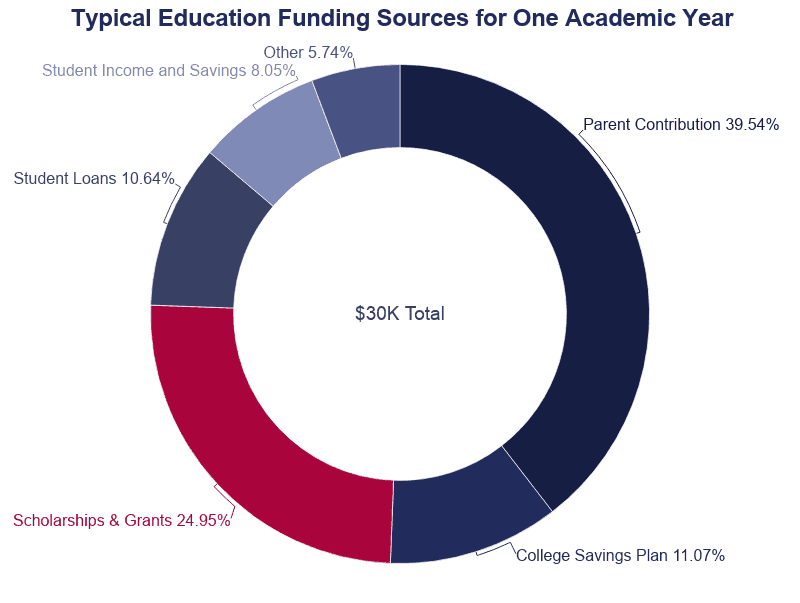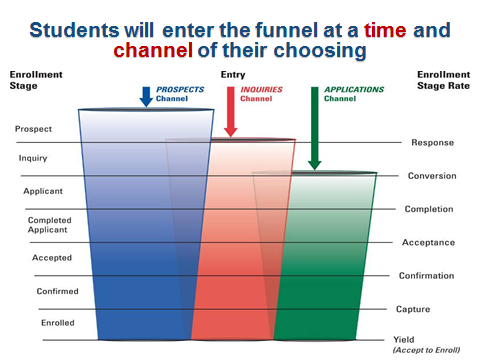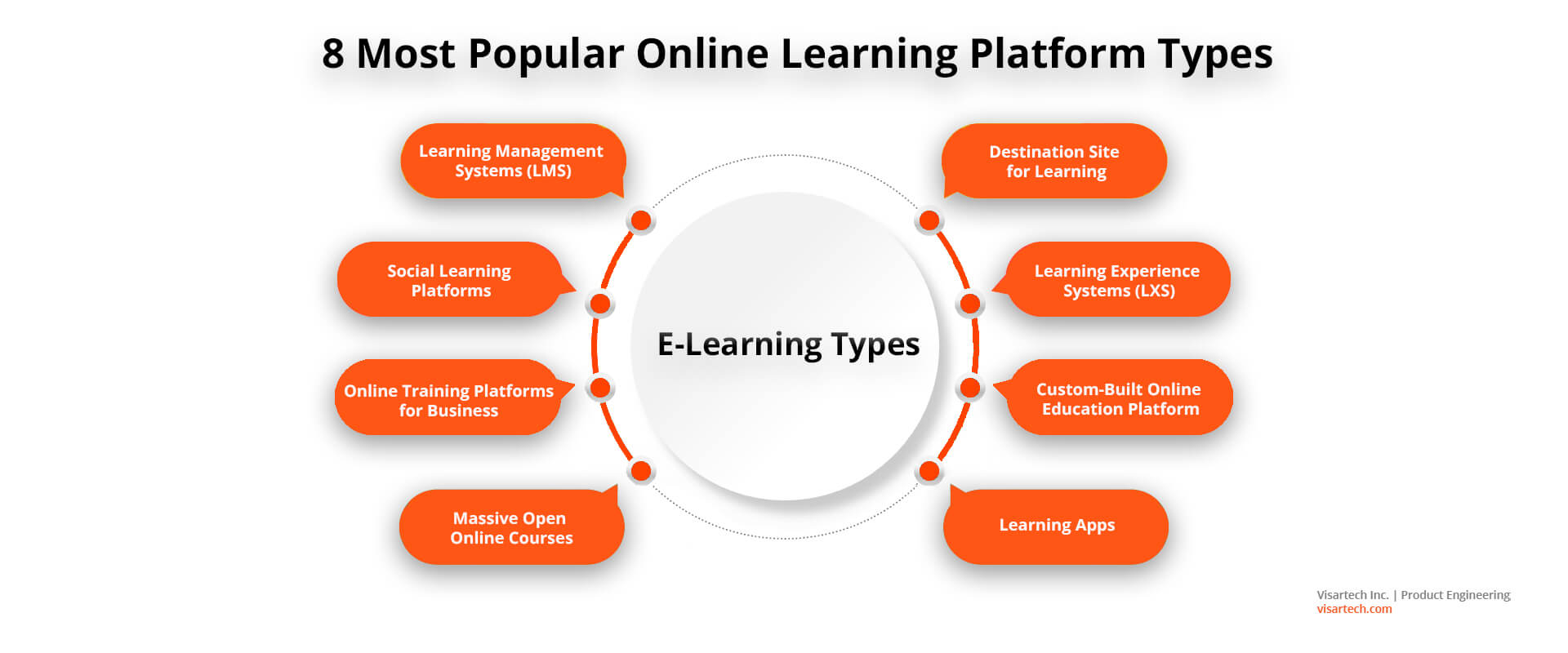The Ultimate Guide to Academic Publishing Success
Are you an aspiring academic hoping to make a mark in the world of scholarly publishing? Publishing your research in academic journals is a crucial step towards building a successful academic career. However, the process can often be daunting and confusing for newcomers. Fear not! In this comprehensive guide, we will provide you with valuable insights and practical tips to help you achieve academic publishing success. Let’s dive in!
1. Choose the Right Journal:
Selecting the appropriate journal for your research is essential. Consider the journal’s scope, target audience, impact factor, and reputation within your field. Look for journals that have published similar articles in the past and align with your research interests.
2. Craft a Strong Title and Abstract:
The title and abstract are the first things readers and editors see. Make them clear, concise, and attention-grabbing. Use keywords relevant to your research to improve search engine discoverability.
3. Prepare a Solid Introduction:
A well-written introduction sets the stage for your research. Clearly state the problem you’re addressing, summarize existing literature, and provide a rationale for your study. Showcase the significance and novelty of your research to captivate readers.
4. Conduct Rigorous Research:
Ensure your study is methodologically sound and provides credible results. Follow the highest standards of scientific integrity, use appropriate research designs, collect sufficient data, and employ robust analysis techniques. Reliable research attracts the attention of journal editors and reviewers.
5. Craft an Engaging Discussion:
The discussion section gives you an opportunity to interpret your results and establish their relevance. Clearly explain how your findings contribute to existing knowledge and highlight the implications of your research. Acknowledge limitations and propose future directions for further exploration.
6. Follow Journal Guidelines:
Each journal has specific guidelines for formatting, references, and citation styles. Follow them meticulously to increase your chances of acceptance. Adhering to these guidelines demonstrates professionalism and attention to detail.
7. Collaborate with Co-Authors:
Collaborative research often leads to stronger publications. Seek out co-authors who have complementary expertise and can contribute to the research process. Their insights and resources can enhance the quality of your work.
8. Deal with Rejections Professionally:
Rejection is a common part of the publishing process. Instead of getting discouraged, learn from the feedback provided by the reviewers and editors. Revise your manuscript accordingly and consider submitting to another journal. Persistence is key.
9. Network and Attend Conferences:
Participating in conferences and networking events is an excellent way to connect with other researchers and potential collaborators. Attend sessions relevant to your research area, present your findings, and engage in discussions. Such interactions can open doors to new opportunities.
10. Promote your Published Work:
Once your article is accepted and published, promote it to maximize its impact. Share it on your social media profiles, academic networks, and personal website. Consider writing blog posts or op-eds related to your research to increase visibility and reach a wider audience.
11. Stay Updated:
Keep up-to-date with the latest trends in your research field. Subscribe to relevant academic journals, follow influential researchers on social media, and join professional associations. Staying informed enhances your writing and helps you identify new publishing opportunities.
12. Seek Peer Review:
Before submitting your manuscript, seek feedback from trusted colleagues or mentors. Their input can help you strengthen your arguments, improve clarity, and refine your research. Constructive criticism is invaluable for enhancing the quality of your work.
Remember, academic publishing success requires perseverance, patience, and continuous improvement. By following these guidelines, you’ll be on your way to making a meaningful contribution to your field and establishing yourself as a reputable researcher. Best of luck on your publishing journey!











